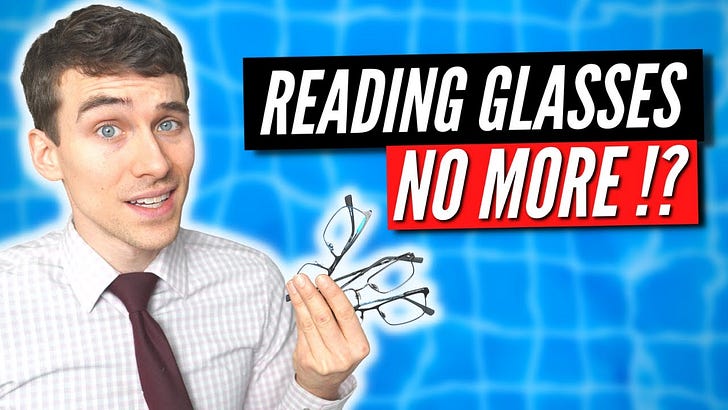We first experienced it at the hostel.
Bored with the predictable fare served every day, we would escape at least 3-4 times a week to the little shack beyond the gates.
The omelets dripped in oil and were sandwiched between two crusty slices of toast. Yet, we'd wolf it down and be back for more.
The shack was owned by Guru and he taught us how business could be run with a customer base of mostly broke college kids.
He knew what we liked and cooked everything on a small kerosene stove, making omelets one at a time. We were in no hurry, dawdling over idle conversations.
Anything fancy to whet our appetites was far beyond reach on the measly pocket money parents allowed every month.
It had to accommodate snacks, soft drinks, biscuits, movies and cigarettes.
We had a 'running' account at Guru's much like students across the country would have had their own saviors.
Extended credit and collections at the beginning of the next month.
Now I wonder how he made ends meet. With over 100-150 student regulars, I guess there was some business logic that kept things going.
He would even come up with unusual concoctions like 'Cabbage Vadas' - it tasted a lot better than it sounds.
We were never curious about how Guru managed to survive. He was an ex-bank employee trying to get by. But there was no self-pity or hard luck story - he liked the anonymity.
It's probably more commonplace than we think.
Unless Zomato and Swiggy have now taken over the omelet economy.
Image source: https://cookpad.com/in/recipes/14831641-kolkata-street-style-bread-omelette-dim-powroti
Why do we find mimics funny?
Most of the time, the routine involves film actors or politicians.
And unless the actor is popular, the connect does not work.
So why do imitations make us laugh?
In a sense, mimics are like cartoonists performing live.
Caricatures capture and exaggerate aspects of a person's features. Longer noses, wider foreheads, steely jaws are all tools of the trade to tell a joke through illustrations.
Mimics rely on your awareness of the actor's or the politician's mannerisms. They observe and latch on to things that the actor repeats - sometimes unconsciously. And when it is played back, the realisation makes us laugh.
Mimics pick on male actors practically all the time. There aren't too many routines involving female actors. And that's a bit of a mystery.
Take the actor Taapsee Pannu. Observe the way she talks - her mouth moves slightly off centre and it is quite noticeable when you watch her on screen. Those are the things a mimic will concentrate on - the deviations from the normal and push it even further.
Akshay Kumar speaks in a slow drawl, even when he's making mighty threats. Now that's comic gold, because all the mimic has to do is to slow the drawl and build a situation around it.
As babies, we learn by mimicking the people around us. And that's a lifelong fascination - when we soak into the mannerisms and behavior of people we admire.
Haven't you looked into a mirror and tried walking or speaking like someone else? I rest my case.
Is too much information a dangerous thing?
There's information abundance today - but the side effects are terrible.
On Kindle, the estimate is that there are over 7500 new books being published everyday! Not to speak of millions of blogs, social media posts and videos being uploaded every minute.
The fact that anyone can publish has opened the floodgates for 'creators' with no restrictions whatsoever.
The editors and publishing houses were the gatekeepers of an earlier age.
To a large extent, they controlled and channeled public taste.
The same thing has happened in news, politics, fashion, movies and sports.
The results of this abundance?
Public taste and norms are splintering. It's hard to build a consensus around anything anymore.
Take, for example, vaccinations. There's a tremendous amount of information around the subject. Right from how they were developed, tested and the rollout of vaccinations being undertaken around the world.
But there's no such thing as a unified point of view. People who believe in an opposing stream of thought will find supporters, no matter how extreme.
The simplistic view is that we need gatekeepers. We cannot make up our minds about something unless we have trusted sources.
But trust takes time to build in a world governed by the immediate. There's nothing called instant trust.
Naively, we believed that abundance would only be for good. But it's equally true of deliberately false information. And that is leading to subversion around core human values, both in thought and action.
We're experiencing the limits of our abilities to judge and make choices. And algorithms cannot be the solution.
Maybe information diets need to become a thing!
Every week, I'll plant a few ideas in your mind on branding, behavior and markets. Triggers for your thoughts. Spread the word to your friends. All you have to do is click the link and enter an email address.













Share this post